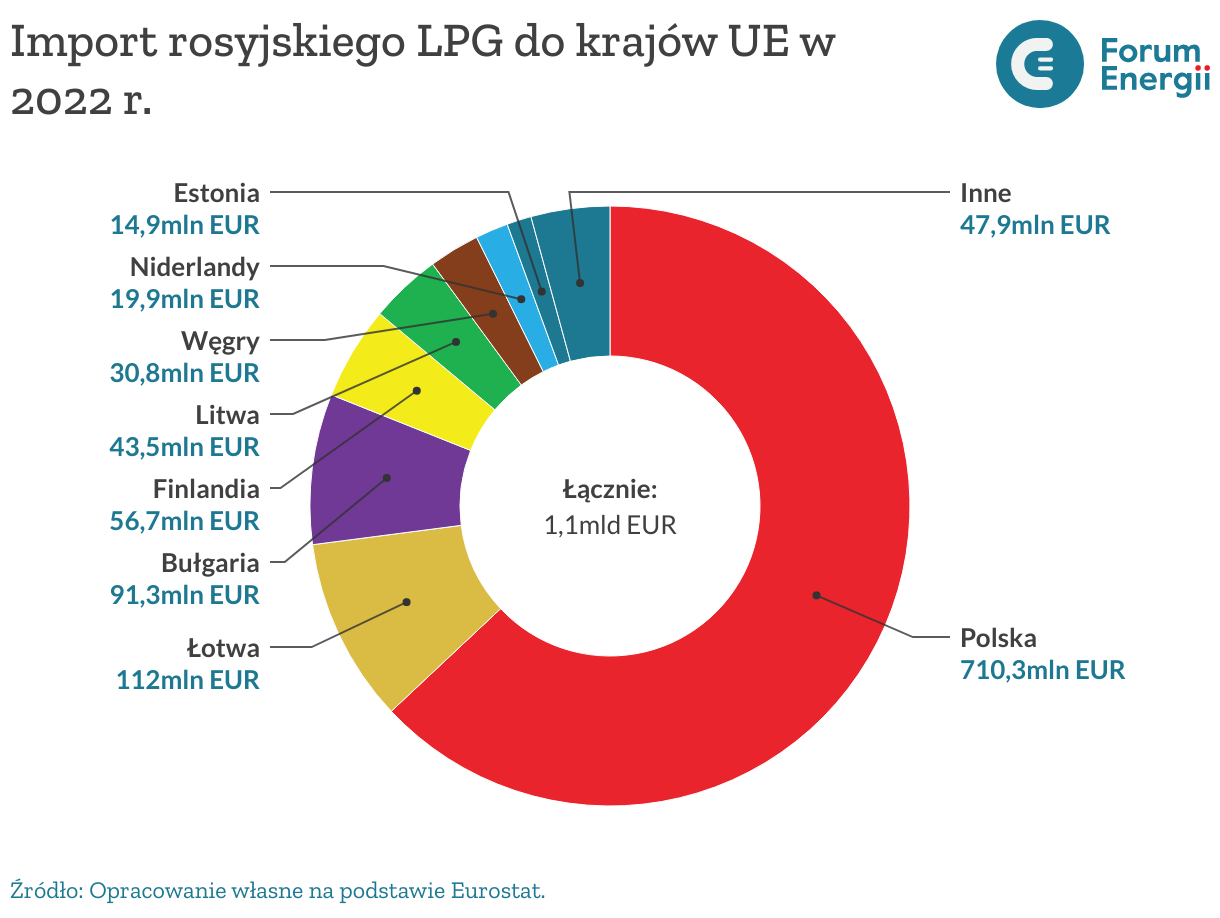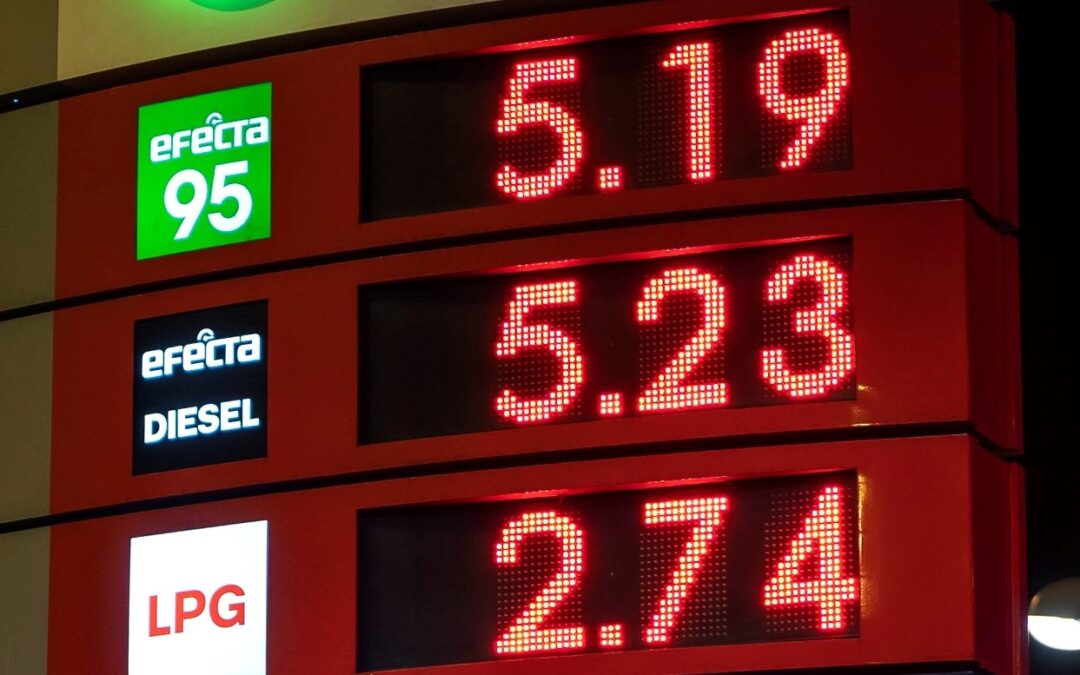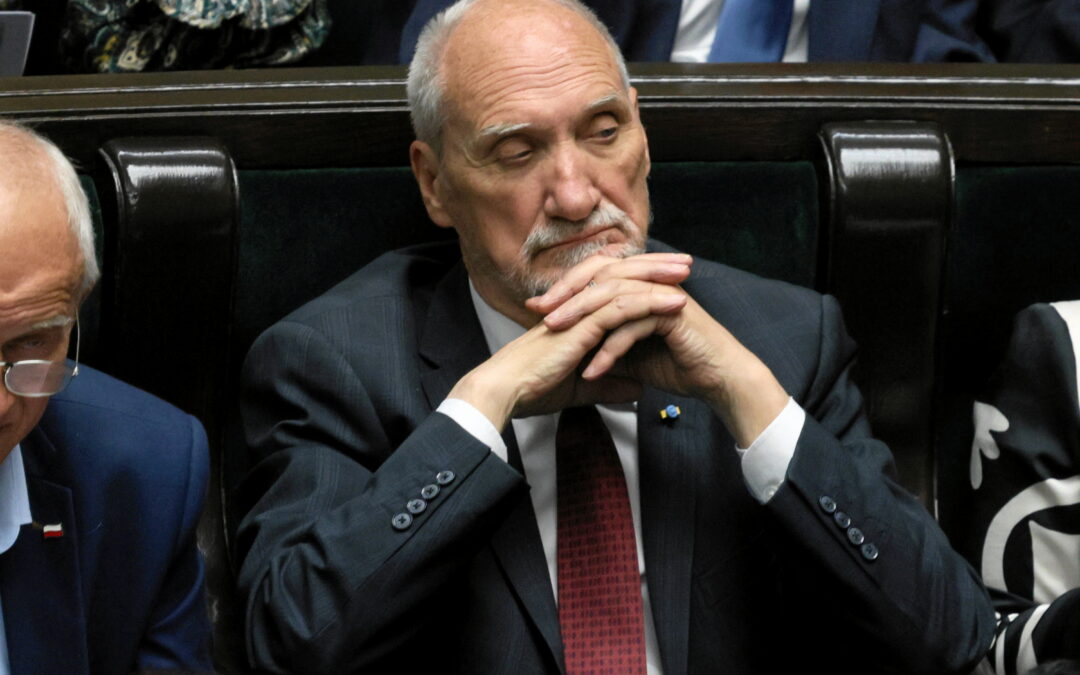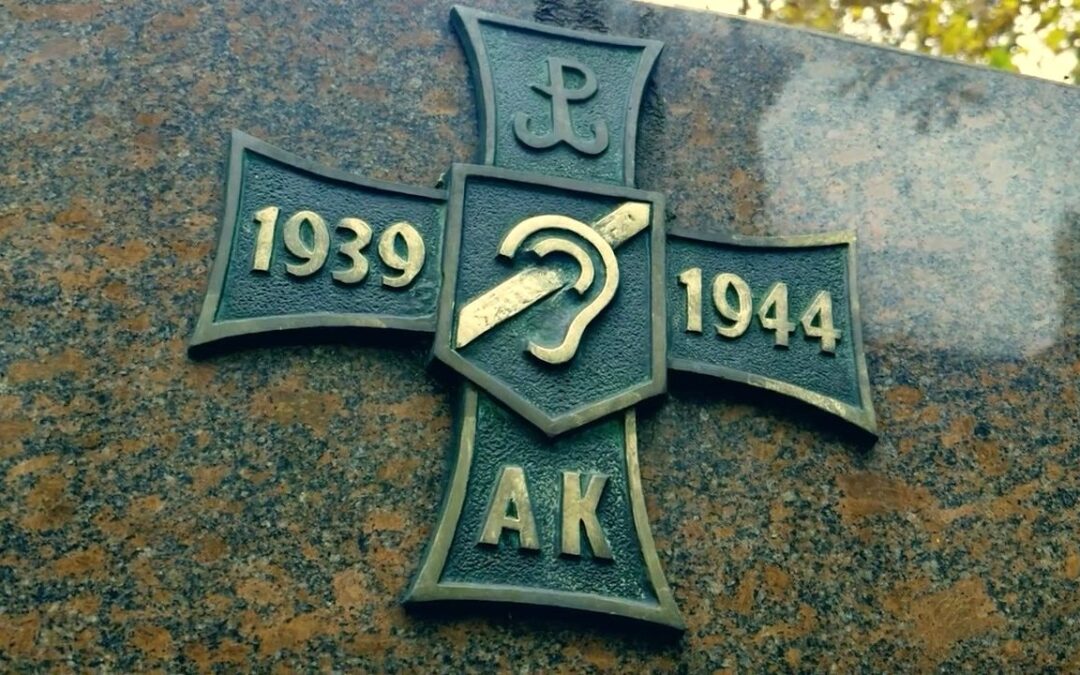Poland has been by far the European Union’s biggest importer of liquefied petroleum gas (LPG) from Russia during the war in Ukraine, a new report shows. It spent €710 million on Russian LPG in 2022, which is almost two thirds of the €1.1 billion spent by EU countries as a whole.
In March last year, shortly after Russia’s invasion of Ukraine, the Polish government pledged to stop all energy imports from Russia by the end of 2022. The following month, the prime minister also pledged to end LPG imports within the same timeframe.
But, whereas coal and gas imports were ended and oil drastically cut, LPG “purchases were not reduced after the Russian invasion, but actually increased and are continuing uninterruptedly”, notes Forum Energii, the Warsaw-based think tank that has compiled the figures based on Eurostat data.

Import of Russian LPG to EU countries in 2022 (source: Forum Energii)
According to the Forum Energii, Poland’s unique situation in Europe is mainly due to four factors. First, it has a particularly large number of cars that use LPG – around 3 million such vehicles. Three quarters of the LPG imported to Poland is used as automotive fuel.
Second, its domestic refineries do not have sufficient capacity to produce LPG themselves. They meet only 16% of demand. As a result, “Poland is condemned to imports”, writes the think tank.
Third, Poland’s LPG terminals are predominantly located in the east of the country and designed to receive fuel from Russia and Belarus. The majority of Poland’s imports – around 71% – arrive by rail and road, with only 29% by sea.
Finally, Poland has very little storage capacity – equivalent to only 4% of annual LPG consumption. “As a result, the Polish LPG market is dependent on continuity of supply (mainly from Russia) and is very sensitive to possible fuel shortages,” writes Forum Energii.
Poland imported a record amount of liquefied natural gas in 2022, as it diversified away from Russian energy.
It received 4.4 million tonnes, 57% more than in 2021. That made LNG the country's main source of gas, meeting one third of national demand https://t.co/GRAFD5fsV5
— Notes from Poland 🇵🇱 (@notesfrompoland) January 4, 2023
These continued imports come despite Prime Minister Mateusz Morawiecki announcing in April 2022 that the government was “preparing the infrastructure, import directions so that there will be no imports from Russia by the end of the year”.
After that pledge was broken, in February this year the opposition sought to introduce a ban on LPG imports from Russia. However, the idea was rejected in a parliamentary vote by MPs from the ruling national-conservative Law and Justice (PiS) party and far-right Confederation (Konfederacja).
“PiS want to continue sending money to Putin for his criminal army, it’s a disgrace,” said an opposition senator, Marcin Bosacki, at the time.
So Poland wants to punish Russia by asking the EU to make the price cap on Russia's crude exports $30 instead of the recommended $60-$65..
Yet, Poland is increasing its imports of Russian LPG significantly in December! #Russia #Poland #LPG pic.twitter.com/BPrRQUioyQ
— Anas Alhajji (@anasalhajji) December 2, 2022
However, Jacek Sasin, the minister for state assets, argued that introducing the ban would “deprive 3.5 million Poles [who have LPG vehicles] from refuelling with cheaper fuel”.
Another opposition MP, Adrian Zandberg, noted the hypocrisy that the government was using the same kind of arguments for avoiding ending Russian energy imports as Germany often has – and which the Polish government has often criticised Berlin for.
Jakub Wiech, an energy expert, agreed that “there is a certain dissonance here, because if we criticise the Germans – and rightly so – let’s not [ourselves] go in the same direction”. It is “a very embarrassing situation for the authorities”, he added, speaking to news website Wirtualna Polska.
The German ambassador has rebuffed criticism from Poland's defence minister, who accused Germany of effectively helping finance Russia’s war against Ukraine.
The ambassador pointed out that Poland has also spent billions on importing Russian energy https://t.co/pza3aObIbK
— Notes from Poland 🇵🇱 (@notesfrompoland) March 2, 2023
Main image credit: Orlen (press materials)

Alicja Ptak is senior editor at Notes from Poland and a multimedia journalist. She previously worked for Reuters.




















